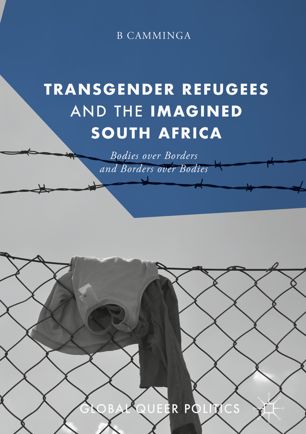

Most ebook files are in PDF format, so you can easily read them using various software such as Foxit Reader or directly on the Google Chrome browser.
Some ebook files are released by publishers in other formats such as .awz, .mobi, .epub, .fb2, etc. You may need to install specific software to read these formats on mobile/PC, such as Calibre.
Please read the tutorial at this link: https://ebookbell.com/faq
We offer FREE conversion to the popular formats you request; however, this may take some time. Therefore, right after payment, please email us, and we will try to provide the service as quickly as possible.
For some exceptional file formats or broken links (if any), please refrain from opening any disputes. Instead, email us first, and we will try to assist within a maximum of 6 hours.
EbookBell Team

4.3
38 reviewsThis book tracks the conceptual journeying of the term ‘transgender’ from the Global North—where it originated—along with the physical embodied journeying of transgender asylum seekers from countries within Africa to South Africa and considers the interrelationships between the two. The term 'transgender' transforms as it travels, taking on meaning in relation to bodies, national homes, institutional frameworks and imaginaries. This study centres on the experiences and narratives of people that can be usefully termed 'gender refugees', gathered through a series of life story interviews. It is the argument of this book that the departures, border crossings, arrivals and perceptions of South Africa for gender refugees have been both enabled and constrained by the contested meanings and politics of this emergence of transgender. This book explores, through these narratives, the radical constitutional-legal possibilities for 'transgender' in South Africa, the dissonances between the possibilities of constitutional law, and the pervasive politics/logic of binary ‘sex/gender’ within South African society. In doing so, this book enriches the emergent field of Transgender Studies and challenges some of the current dominant theoretical and political perceptions of 'transgender'. It offers complex narratives from the African continent regarding sex, gender, sexuality and notions of home concerning particular geo-politically situated bodies.